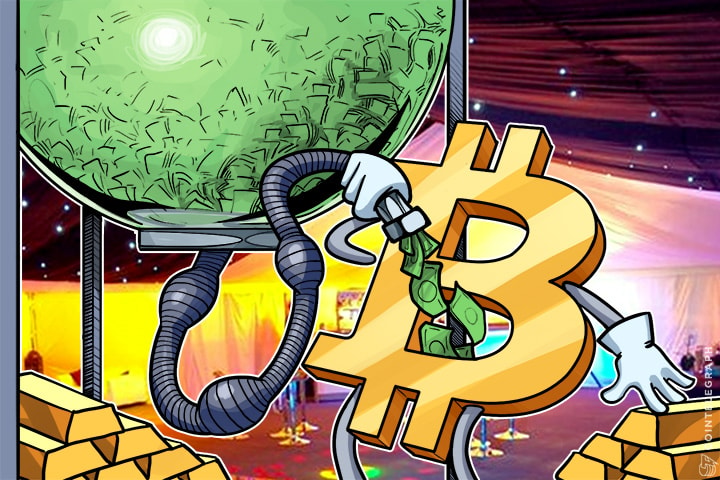Both Bitcoin and gold are considered prominent stores of value and safe haven assets. However, over the past seven years, one experienced a meteoric rise in terms of market cap, user base and value, while the other failed to live up to the expectations of its investors.
All hail the early Bitcoin investors
On May 13, StockTwits, the world’s largest financial communications platform for the investing community, revealed one of its users’ growth chart comparing various currencies, bonds and assets. In it, a StockTwits user by the name of Charlie Bilello noted that a $10,000 investment in Bitcoin made in July 2010 would have earned investors a $200 mln return.
To be exact, a Bitcoin investor who purchased $10,000 worth of Bitcoin in 2010 would have earned $201.56 mln.
In contrast, an investor who purchased $10,000 worth of gold in 2010 would have experienced a negative return of $9,981.
Gold is widely regarded as a safe haven asset, which by definition means an investment that retains or increases its value amidst market turbulence and economic certainty, over time. In the past seven years, gold hasn’t met either of the two descriptions. Gold has failed to sustain its value over a seven-year period and has failed to see an increase in its value. Thus, whether gold can still be considered as a safe haven asset is quite unclear.
Since July of 2010, Bitcoin has significantly outperformed the Japanese yen, Canadian dollar, Euro, Silver, Gold, US Dollar, bonds, global stocks, US real estate and US stocks. Naturally, its decentralized nature, high liquidity and transportability began to appeal to a wide range of investors seeking for alternative assets to protect their wealth with a long-term investment.
The perks of being Bitcoin
In many ways, Bitcoin can be perceived as Gold 2.0, or digital gold, due to its characteristics. Unlike gold, Bitcoin can sustain its value or even record an increase in its value over time because of its fixed supply of 21 mln Bitcoins. If a massive gold supply is discovered, then gold could become inflationary in terms of supply and could hinder its mid-term value.
In fact, in late March, China’s largest gold mine to date was discovered by Shangdong Gold Group, a state-owned gold producer in China. At the time, Bloomberg reported:
“The Xiling mine in Shandong province told local authorities it had found 382.58 tons of gold reserves and that the volume could reach more than 550 tons once exploration is completed in two years.”
More importantly, Bitcoin’s ownership is evidently portrayed with the utilization of cryptography. Hence, Bitcoin can’t be seized by a central entity because the Bitcoin network itself is decentralized and unalterable.
Furthermore, Bitcoin provides an important component which gold fails to offer and that is settlement network. Bitcoin as of current is often referred to as digital gold and settlement network. It isn’t necessarily perceived as digital cash as laid out by Bitcoin creator Satoshi Nakamoto because of the lack of scaling and the network’s high transaction fees.


